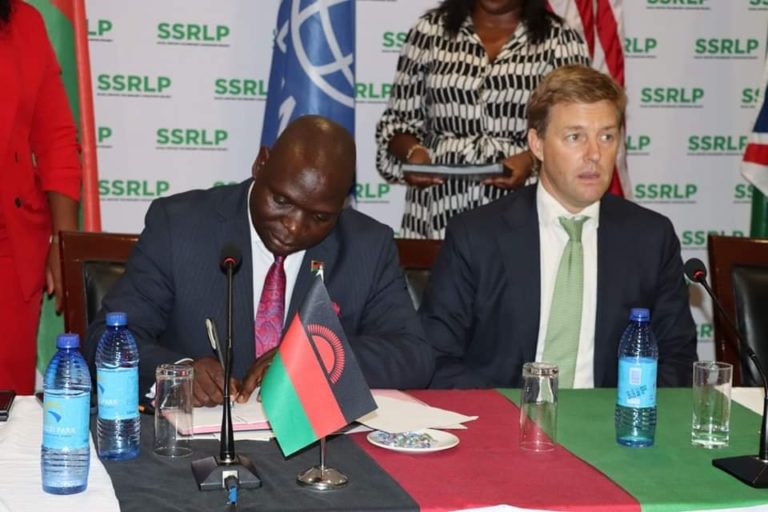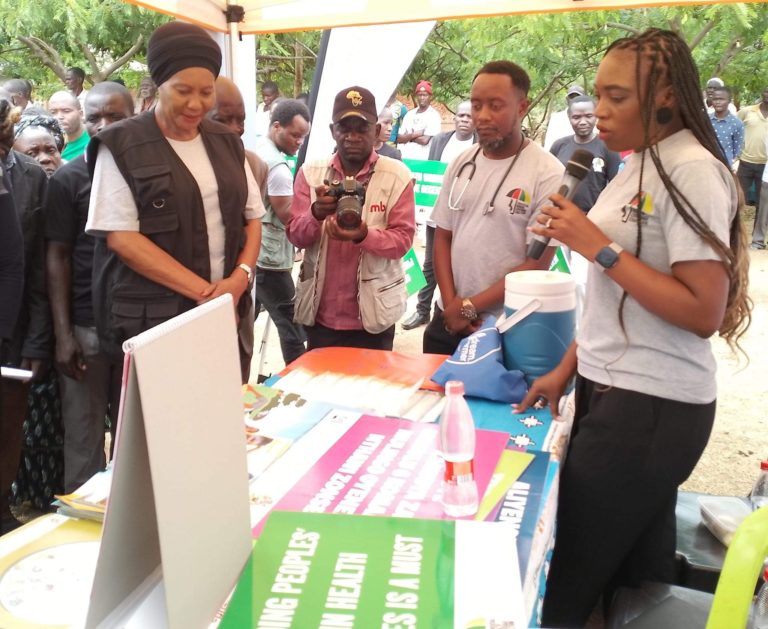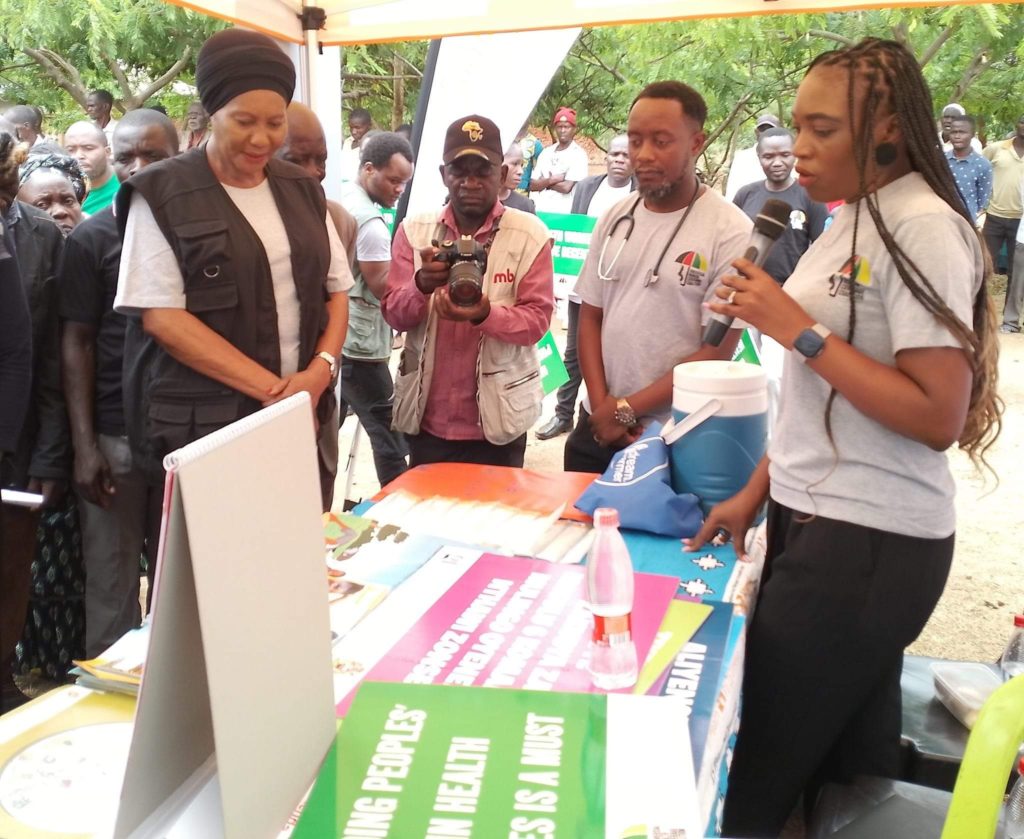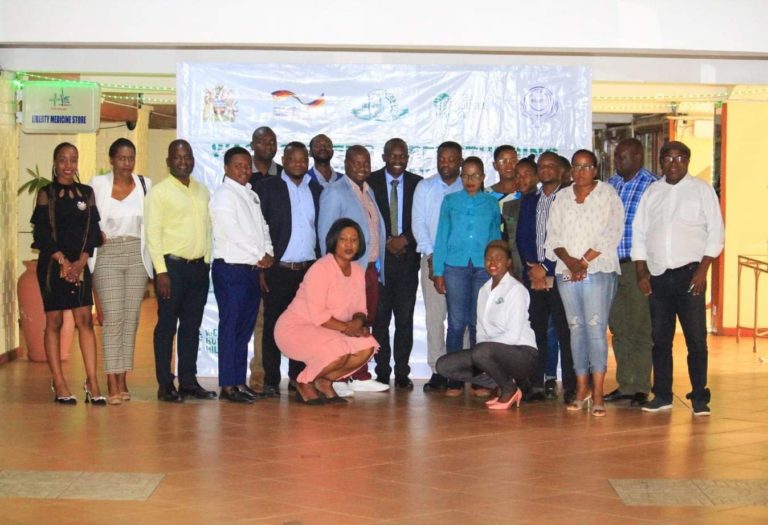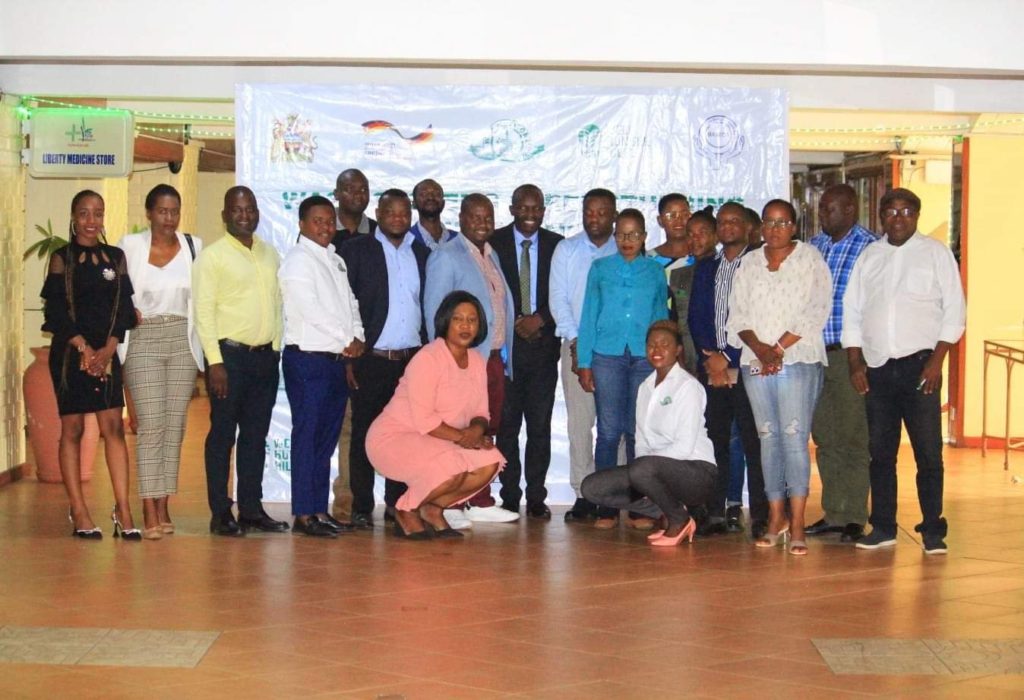By Joseph Saukira, Snr Business Editor
Chakwera administration has been myopically demonized for implementing very tough but worthwhile measures aimed at restoring macroeconomic stability. The leadership was called all sorts of names for addressing fiscal, monetary and external sector imbalances, as stipulated in the new Extended Credit Facility with the International Monetary Fund (IMF), but here we are now, the World Bank Board of Executive Directors has approved the “Malawi First Growth and Resilience Development Policy Operation with Catastrophe Deferred Drawdown Option (Cat-DDO)”, a $137 million (about K232.9 billion) package which consists of an immediate release of $80 million to support reforms and recovery and a $57 million CAT-DDO that can be triggered in the event of a crisis.
The World Bank, through its Country Director for Malawi, Zambia, Zimbabwe, and Tanzania, Nathan Belete, has commended Chakwera administration for employing tough but necessary decisions to deal with the severe macro-economic crisis.
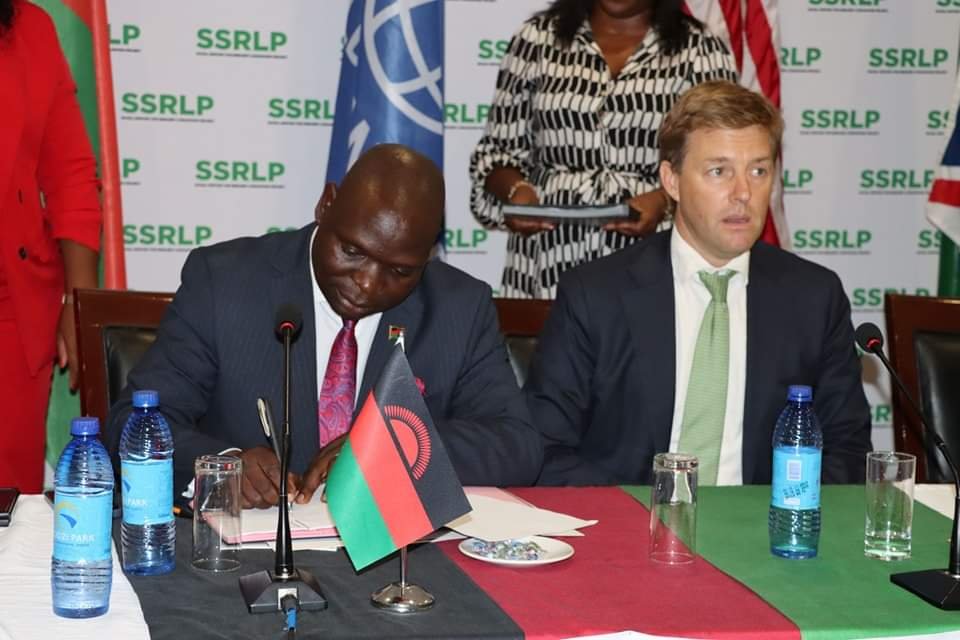
“The World Bank applauds Malawi’s authorities for taking tough but necessary decisions to stabilize an acute macro-economic crisis. I am pleased the Bank is now able to respond with a substantial budget support operation that supports an ongoing program of reforms. The Bank will also continue to work closely with the authorities and all international partners to protect the poorest while pursuing a much- needed economic turnaround. Together, we must ensure this operation marks a turning point in the country’s economic fortunes,” says Belete.
On his part, the Minister of Finance and Economic Affairs, Hon Simplex Chithyola Banda welcomed the development and attributed it to the increased confidence that the World Bank and other donors have to Malawi for its efforts to reform the economy.
“This operation is a significant milestone in our ongoing reform journey. It shows the increased confidence that the World Bank has in our ongoing efforts to reform the economy and become a self-reliant, industrialized upper middle-income country by 2063,” said Chithyola Banda.
The approval of the ECF by the IMF has convinced multiple multilateral and bilateral donors to come to Malawi’s rescue as regards the restoration of the macroeconomic stability. Among other financial injections that are about to boost forex supply include the World Bank’s US$60 million Trade Finance Facility, the World Bank’s US$217 million in response to the fiscal reforms Malawi has implemented, the EU 70 million Euros in budget support, the African Development Bank’s US$30 million budgetary support and the World Bank US$250 million for Agricultural Commercialization Project (AGCOM).


